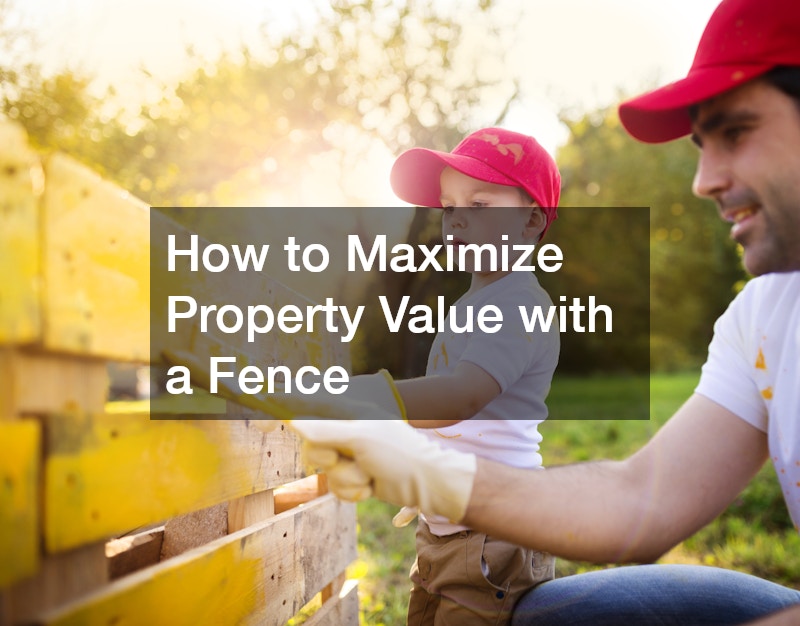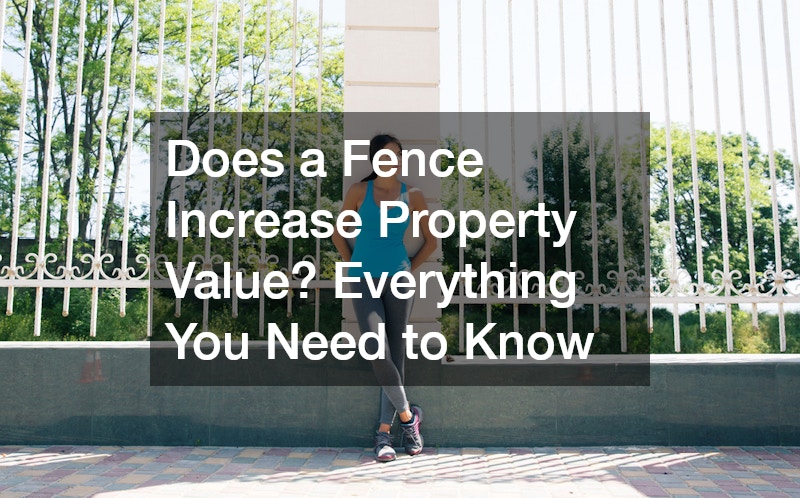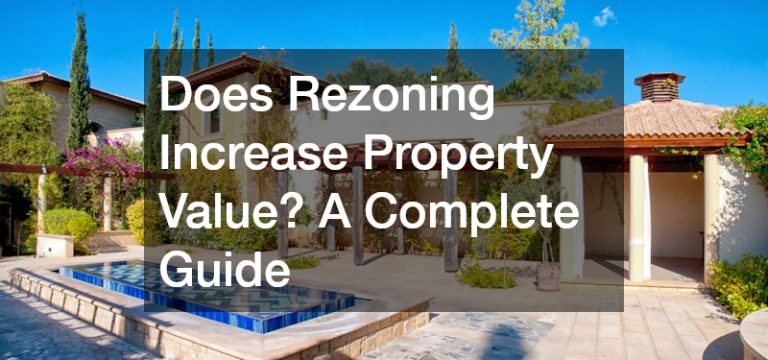Does a Fence Increase Property Value? Everything You Need to Know
Many homeowners wonder whether adding a fence will boost their property value when thinking about home improvements. Fences offer privacy and security and can even make your yard more attractive, but do they increase the value of your home? In this article, we’ll dive into the details to help you understand how fences impact property value, what types of fences might work best, and factors you should consider before installing one.
Do Fences Generally Increase Property Value?
The short answer: Yes, fences can increase property value, but it depends on several factors.
- Curb Appeal: First impressions matter. A well-designed, attractive fence can enhance your home’s curb appeal, making it stand out in your neighborhood. Potential buyers often look for homes that appear well-maintained from the outside.
- Security and Privacy: Many buyers value privacy and security, especially families with young children or pets. A sturdy fence can make your yard feel more secure, providing peace of mind.
- Neighborhood Norms: In some neighborhoods, fences are common and even expected. If most homes in your area have fences, adding one may make your home more competitive when it’s time to sell.
However, keep in mind that a poorly maintained or mismatched fence can have the opposite effect, lowering your property’s appeal.
Types of Fences That Add Value
Not all fences are created equal. Certain types of fences can add more value than others. Here are the most popular options:
1. Wood Fences
Wood fences are a classic choice that offer warmth and natural beauty. They’re often seen as traditional and charming, making them appealing to many homebuyers. However, they do require regular maintenance, like painting or staining, to prevent rotting or warping.
- Pros: Adds visual appeal, can be customized, offers privacy.
- Cons: Requires regular maintenance, may not last as long in harsh climates.
2. Vinyl Fences
Vinyl fences are known for being low-maintenance and durable. They come in various colors and styles, offering the look of wood without the upkeep.
- Pros: Long-lasting, little to no maintenance, resistant to weather damage.
- Cons: More expensive to install upfront.
3. Wrought Iron Fences
Wrought iron fences are often used for more upscale homes, adding elegance and security. While they may not provide full privacy, they do create a sophisticated look.
- Pros: Durable, attractive, adds a luxury feel.
- Cons: Expensive, requires occasional rust protection.
4. Chain-Link Fences
Chain-link fences are functional and affordable but not typically known for adding much value to a property. They’re best suited for practical needs, like enclosing a backyard for pets.
- Pros: Affordable, durable, low-maintenance.
- Cons: Doesn’t offer much privacy or visual appeal.
Factors to Consider Before Installing a Fence
Before rushing into a fence installation, it’s important to think about a few key factors:
- Purpose of the Fence: Are you installing the fence for privacy, security, or simply to enhance the look of your yard? Your reason will influence the type of fence you choose.
- Local Regulations and HOA Guidelines: Some neighborhoods or Homeowners Associations (HOAs) have strict rules about what kind of fences you can install, or even if you can install one at all. Always check local codes before making a decision.
- Climate and Maintenance: If you live in an area with harsh weather, some fence materials might require more upkeep than others. For example, wood fences can suffer in very rainy or hot climates.
- Costs Involved: Consider the upfront cost of installing the fence and the long-term maintenance expenses. Some fences require regular upkeep, while others are relatively hands-off after installation.
- Yard Size and Layout: Larger yards will require more materials, making the project more expensive. Additionally, if your yard has slopes or uneven ground, that might impact the type of fence you can install and the cost.
Will Installing a Fence Make Sense for Your Property?
Not all homes will benefit equally from a fence. Here are some things to think about:
- Neighborhood Comparisons: Take a look at other homes in your neighborhood. If they have fences, installing one might help your home fit in better with the market, making it more appealing to buyers.
- Potential Buyers: A fence may attract buyers with children or pets if your home is in a family-friendly neighborhood. These groups often prioritize privacy and safety, and a fenced-in yard may be a must-have for them.
- Location Considerations: Homes in suburban or rural areas often benefit more from fences compared to homes in urban environments, where space and yard size are more limited.
How to Maximize Property Value with a Fence

If you decide to install a fence, here’s how to make sure it adds the most value:
- Maintenance is Key: A fence that’s falling apart will hurt your property value. Make sure to clean and maintain it regularly. This might mean staining or painting every few years for wood fences, while vinyl fences only need occasional cleaning.
- Matching Fence Design to Home Style: The fence should complement the overall look of your home. For example, a rustic wooden fence might suit a cottage-style home, while a sleek vinyl fence could match a modern property.
- Professional Installation vs. DIY: While DIY projects can save money, a professionally installed fence is often more durable and attractive. If increasing property value is your goal, investing in a professional installation can pay off.
Alternatives to Installing a Fence
If you’re not sure a fence is the right choice, there are alternatives:
- Hedges and Landscaping for Privacy: Planting hedges or trees can provide privacy and enhance your yard without a traditional fence.
- Patios and Decks for Outdoor Spaces: Building a deck or patio can increase outdoor living space and make your yard more functional, adding value differently.
Next Steps
- Research Local Market Trends: Look into homes in your area that have fences to see if they’ve sold for higher prices.
- Consult a Real Estate Agent: A local agent can tell you whether a fence will add value to your home based on market conditions.
- Choose the Right Fence Contractor: If you decide to move forward, get multiple quotes from reputable contractors to ensure you get the best value.
Conclusion
In conclusion, a well-maintained, attractive fence can increase property value, especially if it provides privacy and security or enhances the overall look of your home. However, it’s important to choose the right type of fence, consider local regulations, and make sure the fence is properly installed and maintained. Whether or not a fence makes sense for your home depends on your location, the neighborhood, and what potential buyers might be looking for.



